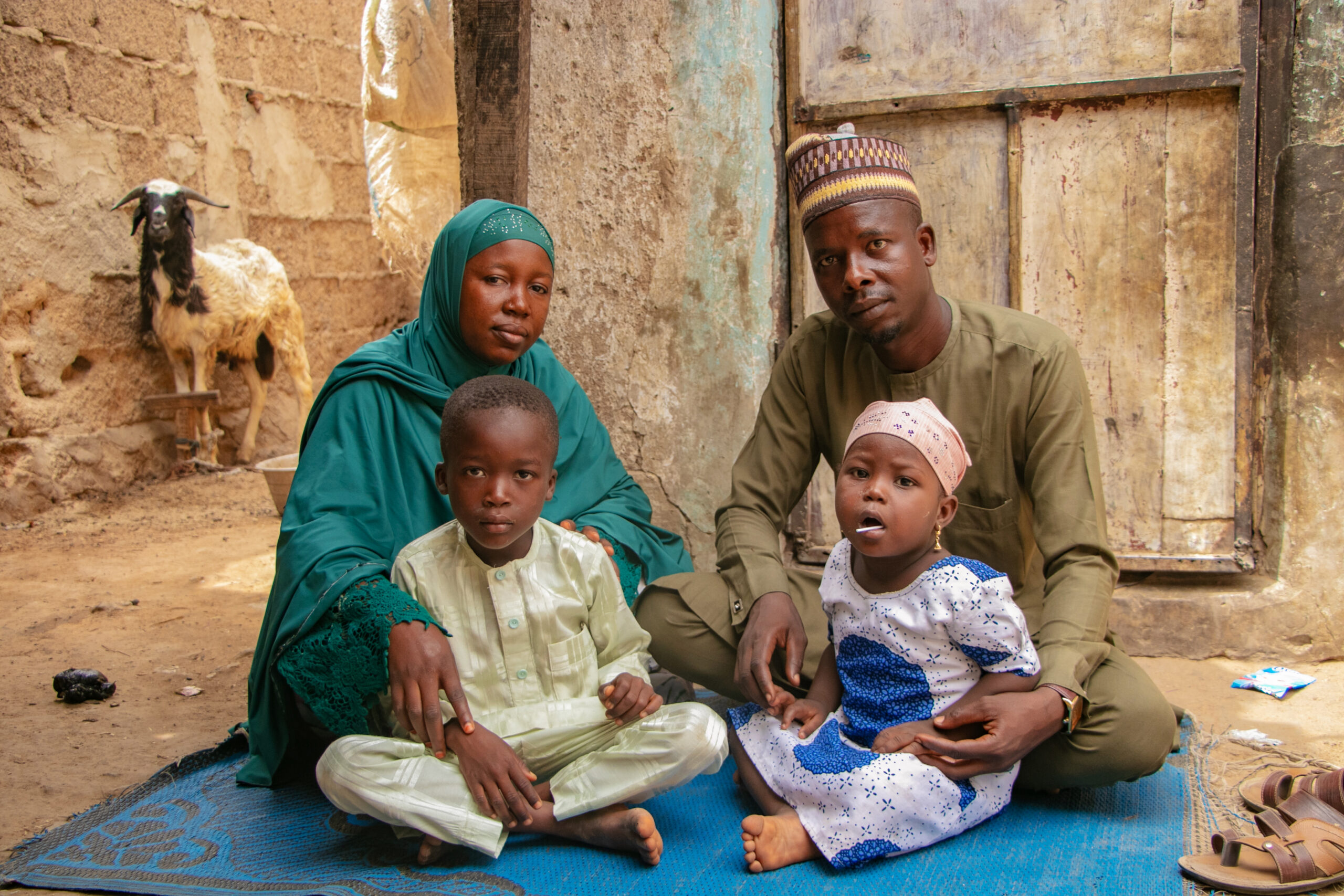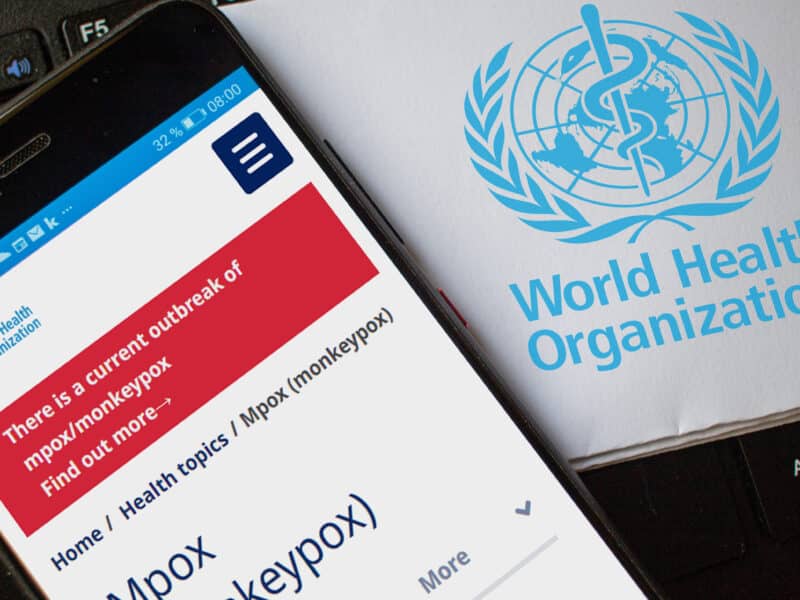A model used in Nigeria to help pay for certain family planning expenses at the state level is sustainable and could be a blueprint for others trying to stretch reproductive health dollars, new research led by the Johns Hopkins Center for Communication Programs suggests.
The co-financing model of The Challenge Initiative (TCI), a project led in Nigeria by CCP and funded by the Bill & Melinda Gates Foundation, has, over the past eight years, advocated to include money for family planning in budgets across 22 Nigerian states by employing matching funds to incentivize governments to play a role in sustaining family planning services.
The core of TCI’s work is to build the management and leadership capabilities of states to lead, drive, and own their health programs while supporting their transition to self-reliance and autonomy.
Governments in Nigeria have responded, with USD $4.6 million of their own money earmarked for family planning. Over the course of the project, governments have spent more than they even committed by covering the cost of, among other things, capacity strengthening and service provider proficiency training, orientations for clinical and non-clinical staff at the health facilities, quality improvement team meetings, data management and procurement of reproductive health commodities and supplies.
Meanwhile, through the implementation of high-impact practices and interventions such as encouraging post-partum family planning, the use of social mobilization and mobile outreach to promote family planning as well as holding trainings in how to use long-acting reversible contraception and other activities, TCI Nigeria has been able to reach many family planning milestones.
Because of TCI’s work, as of March 2024:
- More than 1.1 million additional clients – including adolescents and youth – received family planning services.
- More than 426,000 clients received family planning services through facility-based in-reaches, where family planning services are made available at a local health center on certain days of the week.
- More than 3.7 million people received family planning information through various demand generation approaches, and over 1.4 million were referred to health facilities, with nearly a million completing their referrals at service delivery points.
- More than 6,600 health providers received competency-based training on family planning and adolescent and youth sexual and reproductive health.
“Before TCI came on board, many states did not even have a dedicated budget line allocated for family planning,” says CCP’s Oluwasegun Akinola, who leads research, monitoring, learning and evaluation for TCI Nigeria. “A lot of advocacy has gone into this, a lot of technical assistance and data collection. This model has made family planning sustainable in Nigeria. Most donor-funded projects come and go, you put money in from the donor, and when the project is over, that’s the end. But our model is different.”
This is especially important because of declines in funding available from global donors. Funding challenges, the study authors say, “are compounded because the benefits of investment in family planning for health and development outcomes are often poorly understood by high-level actors.”
There is broad agreement that government ownership is a prerequisite for the sustainability of family planning and reproductive health in low- and middle-income countries, but less is known about the role and dynamics of government partnerships in driving the process.
“Donors will not always be there to provide as much as you need to change your health landscape,” says CCP’s Uduak Ananaba, the knowledge management lead at TCI Nigeria and one of the study’s authors. “Once a government begins to make available their own resources, there’s a level of ownership and responsibility that is attached to that experience.”
TCI runs until December 2025.
“Innovations in Public Financing for Family Planning at Subnational Levels: Sustainable Cofinancing Strategies for Family Planning With Nigerian States,” was written by Victor Igharo, Uduak Ananaba, Olukunle Omotoso, TrishAnn Davis, Mwikali Kioko and Clea Finkle.
The article is just one in a recent supplement of the journal Global Health: Science and Practice, which features 10 articles that share TCI’s learnings from supporting local urban governments in scaling up high-impact family planning and adolescent and youth sexual and reproductive health practices and other interventions. It offers valuable insights into the implementation and sustainability of high-impact practices across diverse contexts, particularly in low- and middle-income countries.
Four more of the articles feature CCP authors:
“The Challenge Initiative: Lessons on Rapid Scale-Up of Family Planning and Adolescent and Youth Sexual and Reproductive Health Services,” by Clea Finkle, Yacine Bai, Venkatraman Chandra-Mouli, Samuel O’Keefe, Moses Tetui, Suzanne Fischer, Kojo Lokko, Lisa Mwaikambo and Saori Ohkubo.
“What Underlies State Government Performance in Scaling Family Planning Programming? A Study of The Challenge Initiative State Partnerships in Nigeria,” by Oluwayemisi Denike Ishola, Sarah Jane Holcombe, Andrea Ferrand, Lekan Ajijola, Nneoma Nonyelum Anieto and Victor Igharo.
“Improving the Quality of Adolescent and Youth-Friendly Health Services Through Integrated Supportive Supervision in Four Nigerian States,” by Dorcas Akila, Akinola Oluwasegun, Krishna Bose, Olukunle Omotoso, Adewale Adefila and Lisa Mwaikambo.
“Improving Contraceptive Service Quality and Accessibility for Adolescents and Youth Through Proprietary Patent Medicine Vendors in Four Nigerian States,” by Dorcas Akila, Oluwasegun Akinola, Olukunle Omotoso, Saori Ohkubo, Adewale Adefila, Philemon Yohanna, Nwanne Ikodiya Kalu, Adebusola Oyeyemi, Olubunmi Ojelade, Aisha Waziri, Winifred Kwaknat, Olusola Solanke, Bernard Emonena, Oluwafemi Rotimi, Lisa Mwaikambo, Victor Igharo, Lekan Ajijola and Krishna Bose.
A webinar on Thursday, July 11, led by the William H. Gates Sr. Institute for Population and Reproductive Health at the Johns Hopkins Bloomberg School of Public Health, which oversees all of TCI, will discuss some of the research from the journal supplement. Register here.





